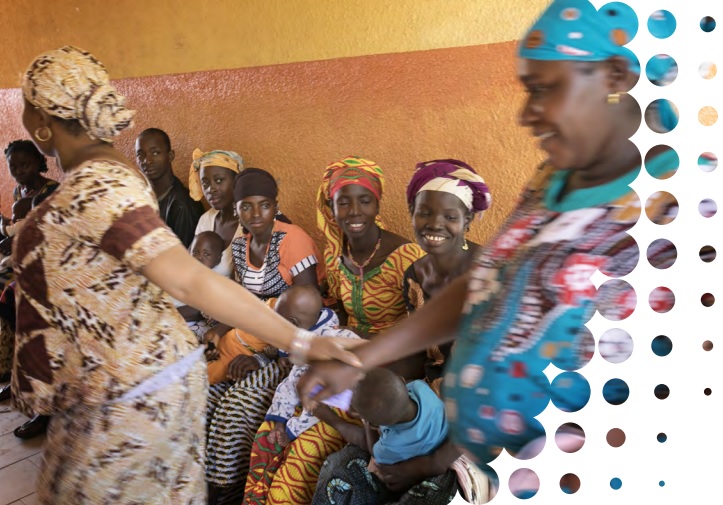The Parliament of Malta approved the legalisation of cannabis and its cultivation for personal use on 14 December 2021 with 36 votes in favour and 27 against. Malta is the first country in the European Union to make that move.
Equality Minister, Owen Bonnici, said the “historic” move would stop small-time cannabis users from facing the criminal justice system, and would “curb drug trafficking by making sure that users now have a safe and regularised way from where they can obtain cannabis”.
Possession of up to seven grams of the drug will be legal for those aged 18 and above. It will permissible to grow up to four cannabis plants at home, with up to 50g of the dried product storable.
Possession of up to 28 grams will lead to a fine of €50-€100 but with no criminal record. Those under the age of 18 who are found in possession will go before a commission for justice for the recommendation of a care plan rather than face arrest. Those who consume cannabis in front of a child face fines of between €300 and €500.
It will be legal for non-profit cannabis clubs to cultivate the drug for distribution among their members, similar to organisations tolerated in Spain and the Netherlands. Club membership will be limited to 500 people and only up to 7 grams a day may be distributed to each person, with a maximum of 50 grams a month. The organisations, which cannot be situated less than 250 metres from a school, a club or a youth centre, may also distribute up to 20 seeds of the plant cannabis to each member every month.


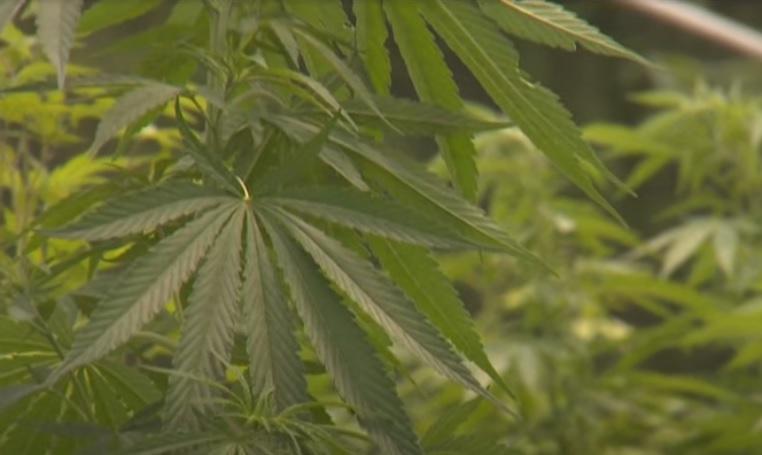


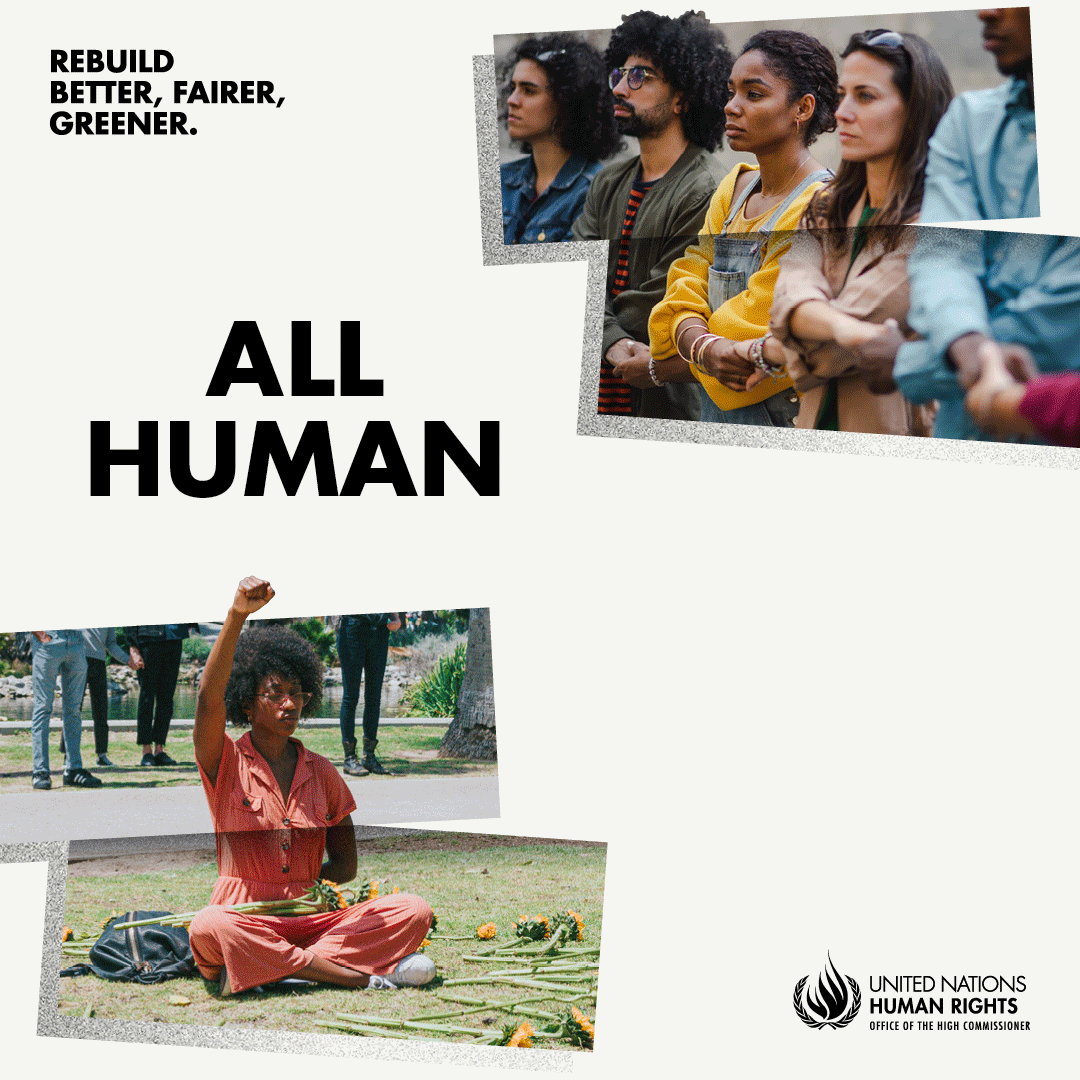



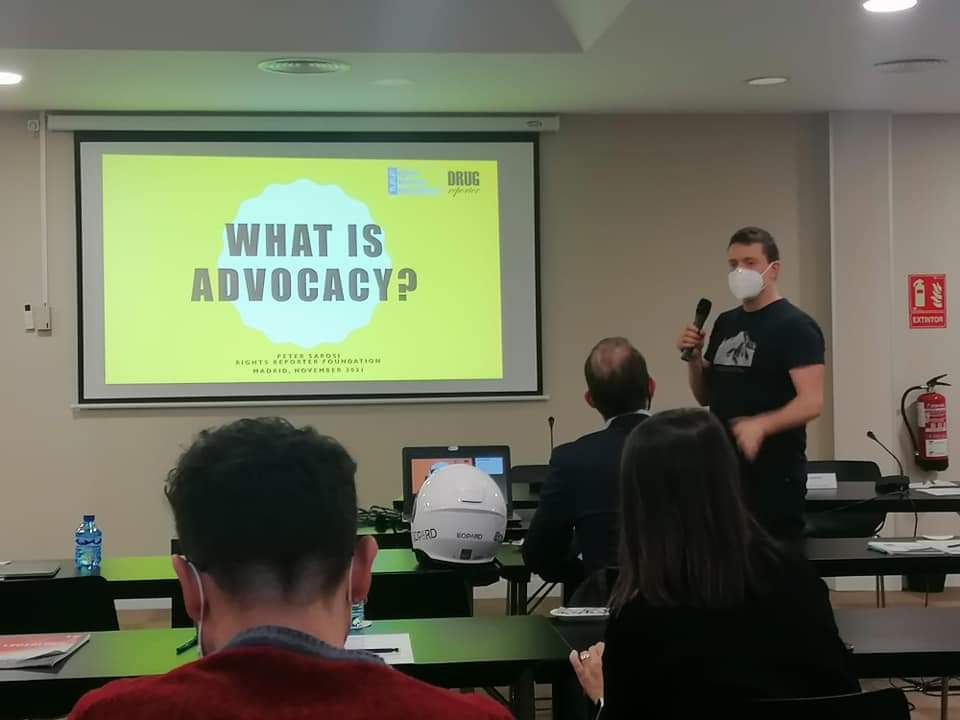


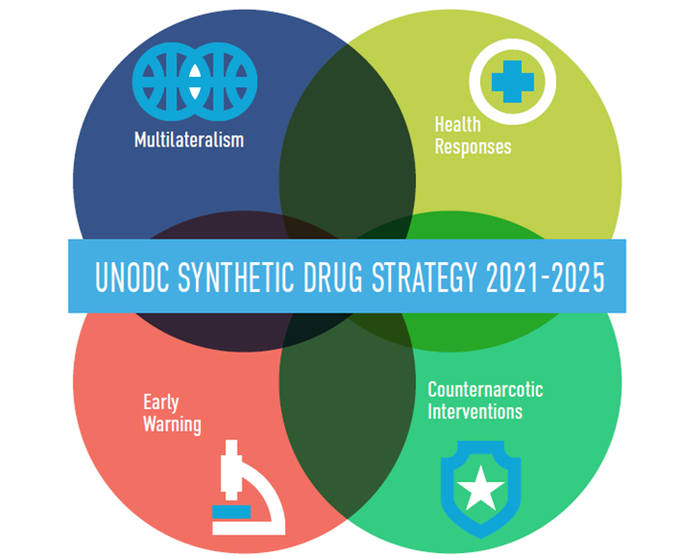
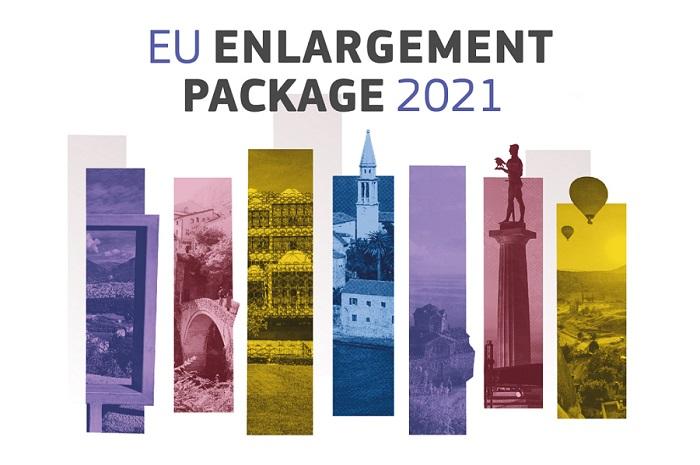
 The document we prepared with reports for 2020 and part 2021 is downloadable
The document we prepared with reports for 2020 and part 2021 is downloadable 
